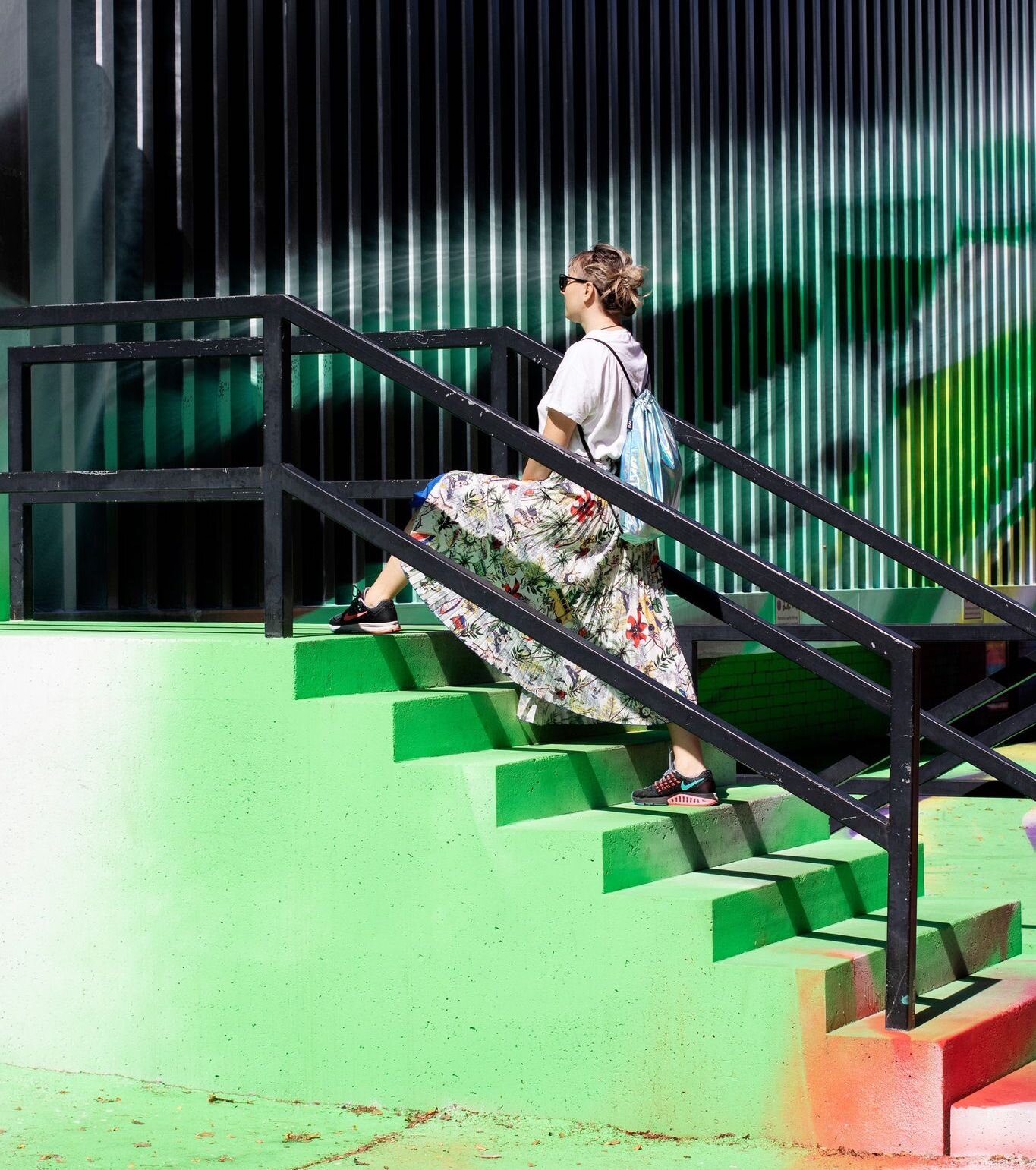Things I have learned in 2020
First, I have to acknowledge my privileged position. I am in a relationship, I live in a flat, I have no kids and I could continue my life without social interaction and physical contact without any problem from now on and still be able to do my job, have an income, and be able to stay in touch digitally with my friends and family.
There were many lessons learned throughout this year, for us as individuals and for us a collective manifestation of humanity. There were also conspiracies, murders, racism, protests, tons of protests, vaccines, viruses, online festivals, memes with how 2020 cannot get worse, and us, those in front of the desktop, mimicking and recreating old rituals into new rituals of coping.
In the latest communication campaign of Google, the world in 2020 searched the most simple anxious curious terrified question: WHY.
“WHY” WAS SEARCHED MORE THAN EVER
WHY I CANNOT FALL ASLEEP
WHY THE VIRUS IS SPREADING
WHY I AM SO TIRED
WHY BLACK PEOPLE ARE BEING SHOT
WHY THE ECONOMY IS FALLING
WHY I CAN’T SEE MY FAMILY ANYMORE
If we really pay attention to all these why’s, we might find the roots of something bigger than us, and that’s probably the truth which we have been hiding from ourselves for years.
*****
I’ll start by saying that these lessons are part of a personal journey in search of my own truth and not necessarily a model to follow.
The first lesson learned: Stop planning and stop trying to have control over things or whatever you hold onto. Happiness sometimes is just reality without expectations.
The second lesson learned: value yourself more or better said: Re-evaluate yourself more. Challenge all these beliefs of yours that you are so attached to and see what happens next. Here’s an exercise from Esther Perel where you can start measuring your progress in three months.
Stop planning and stop trying to have control over things or whatever you hold onto. Happiness sometimes is just reality without expectations.
The third lesson learned: don’t skip personal events, create rituals despite the situation in which we all live, it’s the only way to create chapter breaks in our stories and it allows our self-narratives to continue to exist. Be there even when there doesn’t mean somewhere anymore. Hold that barbeque party with your co-workers on Zoom, create break-out rooms with different conversation topics, or reinvent Christmas. For instance, make a competition of who’s making the best Babka in the family, and then start a conversation on Zoom instead of over a table. Xygalata’s research says that rituals help us maintain a sense of structure and control in our lives and their predictability is kind of soothing. Thus, we need to have the future in our minds in order to be able to looking forward to it. That’s why mundane events became celebratory moments. Putting some lipstick on for a Zoom meeting, that’s celebratory! Taking the trash out tomorrow, it’s quite a journey!
Don’t skip personal events, create rituals despite the situation in which we all live.
The 4th lesson learned: WAIT! Farman argues that this is a useful tool for understanding our hopes and an occasion to ask questions like What am I hoping will come after this period of waiting? Will it fulfill me? Should I change anything about how I previously lived my life? Plans, people, job, new career, new friends, new perspectives, it’s all in that moment before taking action.
The 5th lesson learned: CHANGE our manners of consumption and that’s a lesson we should all take for all the years coming next. What is vital to me? And what is not?
It’s time to think about OUR REAL NEEDS, as scary as it sounds because this planet needs our full attention in the next decade.
I leave you with a collective exercise where each of us (companies, brands, employees, and consumers) should answer to. It’s time to think about OUR REAL NEEDS, as scary as it sounds because this planet needs our full attention in the next decade.
How is your brand adapting to consumers constantly changing lifestyles? How could your brand better address consumer anxiety? How is your brand prioritizing environmental protection and conservation? How is your brand holding itself accountable when it comes to its impact on the environment and society? How can your company leverage escapism? How can your brand leverage the sharing economy to entice consumers? How can your brand better adjust for a
post-COVID world?
And many other useful questions where you can delve into here.
It’s up to us to see change as a transformative journey or a dreadful outcome of the choices of others.
Manuela Dospina
Brand Strategist | Heraldist & Wondermarks Cluj



